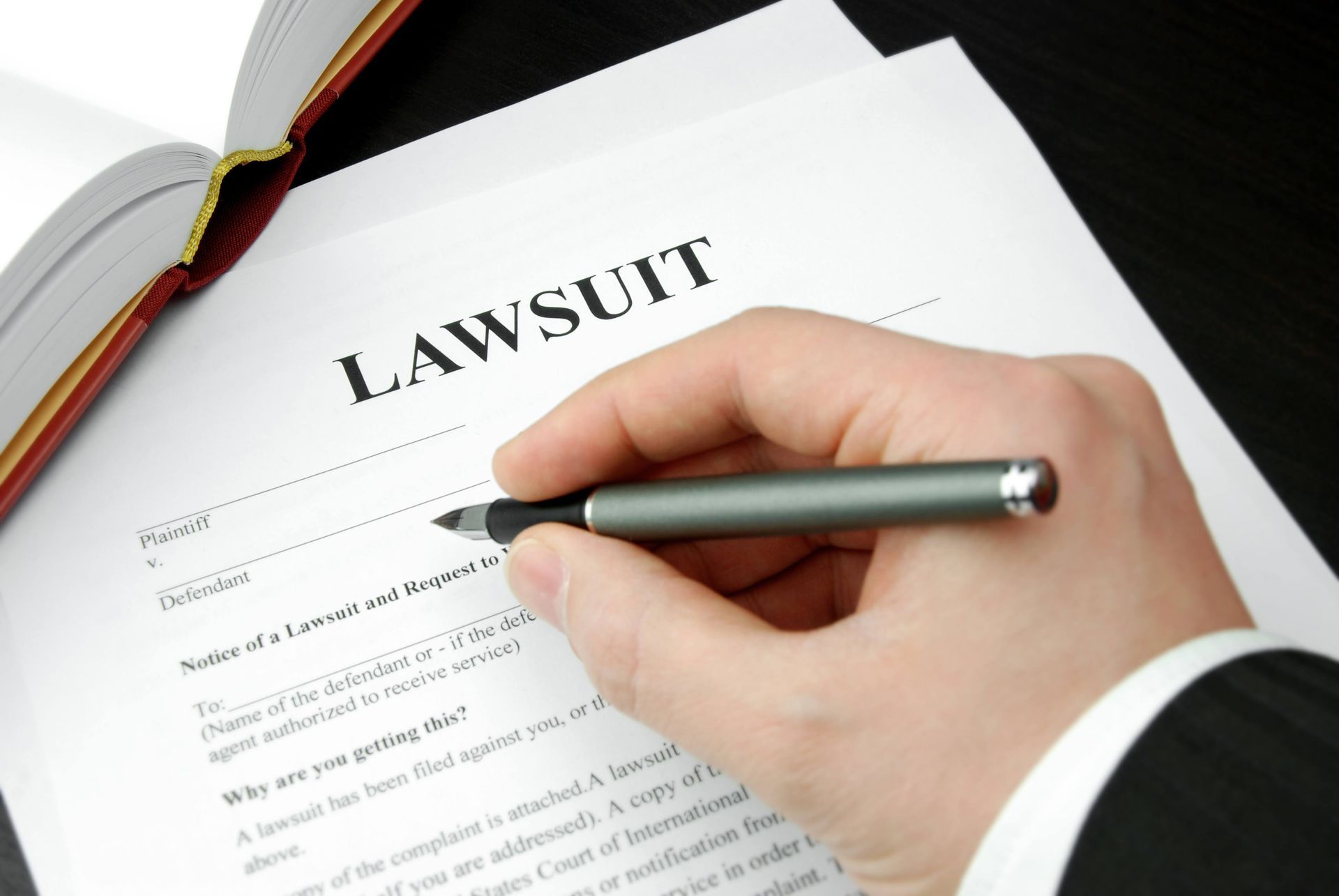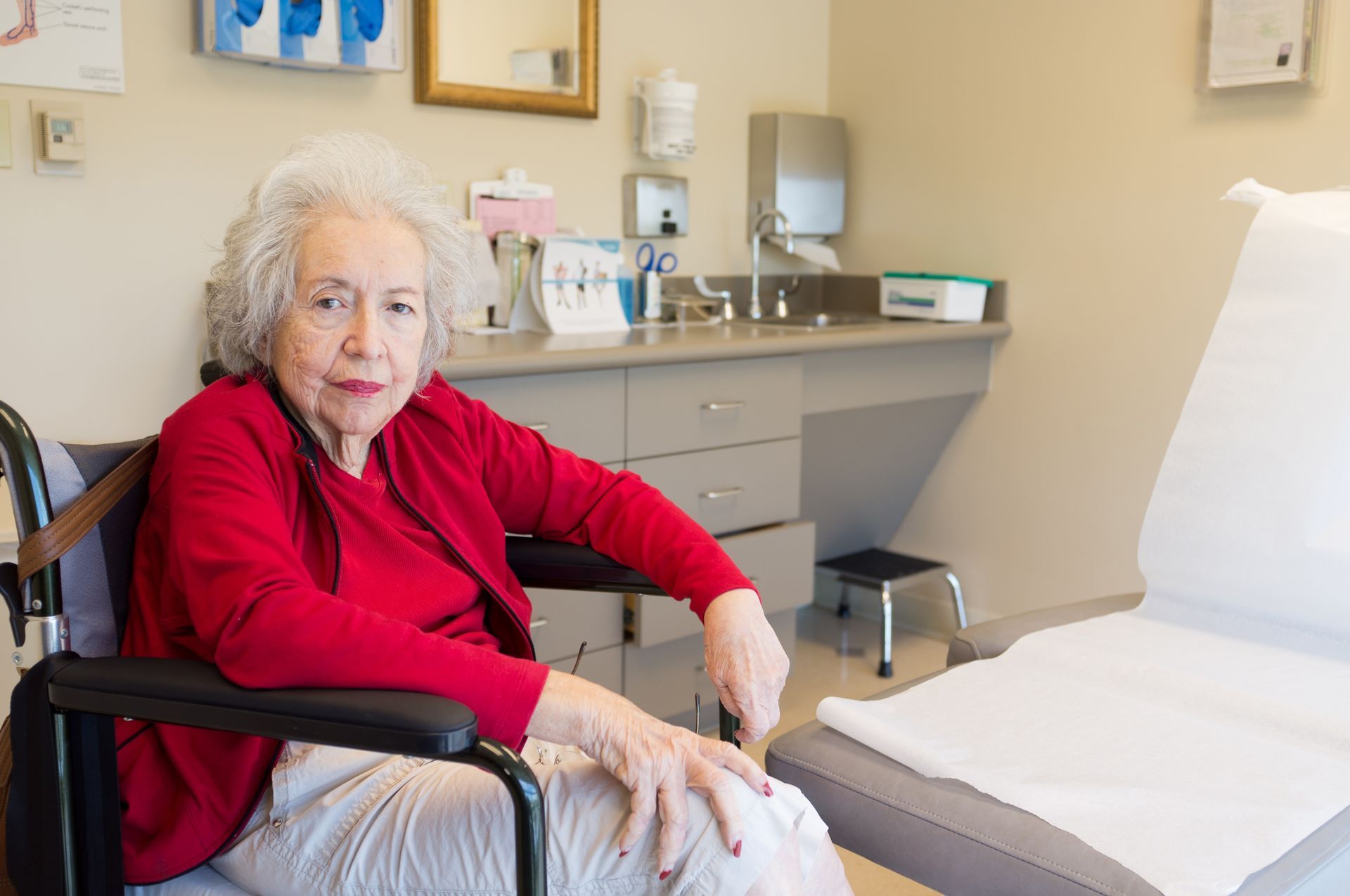3 Factors Affecting Nursing Home Neglect and Abuse Compensation
websitebuilder • August 12, 2021

You can file a medical malpractice or personal injury lawsuit against a nursing home, rest home, convalescent home, or long-term care facility. However, it is vital to know what the process involves.
Not all claims will end in compensation, so you should understand what affects your chances of getting compensation, whether you are the victim of nursing home abuse or merely representing the victim.
Rest homes are often held responsible for various malpractices, including negligence, inadequate policies, and outright mistreatment. Nevertheless, you need enough evidence to warrant compensation.
Here is an overview of the three factors affecting compensation amounts.
1. Evidence
Nursing home compensation claims may go to court, so you need to collect sufficient evidence for your case. Having strong supporting evidence will drastically increase your chances of a successful claim.
The supporting evidence ranges from eyewitness accounts of the abusive event to surveillance camera footage, medical bills, and written statements from a professional, such as a physician. Without evidence, you stand little to no chance of getting compensation.
Claimants can sue nursing homes for economic and non-economic damages. Economic damages cover financial losses, expenses, medical bills, and stolen money. They are relatively easy to determine.
Non-economic damages include pain and suffering, and their values are often harder to calculate, as they rely on the lawyer's research, case assessment, and experience.
You can also sue for punitive damages, which are fines and penalties issued to punish nursing homes for their negligence. Claimants will not need further evidence to warrant compensation for punitive damages.
2. Settlement Versus Trial
The amount of compensation you receive depends on whether you settle your case outside or inside of court.
Settlement might be a more viable option as you can receive due compensation within a shorter time. Additionally, settlement can help offset trial expenses that could go against any compensation award, such as litigation costs. And with settlement, you almost always get some amount of compensation.
On the other hand, a trial might be the better option, as the compensation amount you receive may be higher than what you would receive from a settlement. Previous verdicts and the strength of your evidence will play a big part in how much you receive if you go to trial.
No matter what option you go with, the court will determine compensation based on how much they determine is fair.
3. Skilled Help Hiring a personal injury or medical malpractice lawyer is vital if you are to receive the most compensation from your claim. You should also hire experienced lawyers who have handled nursing home cases before.
Attorneys who do not specialize in nursing home abuse cases may not have the tools and abilities to build a compelling case for you. As such, it is essential to review each firm or lawyer comprehensively to find experienced professionals.
Involving skilled help is particularly crucial if the case ends up in trial. You will still need someone who understands the process even if the nursing home is willing to settle. Remember, the goal is to receive fair compensation.
If you are the subject of mistreatment from a nursing home, you deserve compensation for your losses and suffering. It is essential to engage an attorney early to gather the evidence required to build a strong case.
Nursing homes, rest homes, and long-term care facilities are liable for negligence and abuse. It is one of the reasons why Schonberg Law Offices was founded, to help victims of negligence receive the fair compensation that they deserve.
Contact Schonberg Law Offices for a free case evaluation and start building your nursing home neglect and abuse case today.
Not all claims will end in compensation, so you should understand what affects your chances of getting compensation, whether you are the victim of nursing home abuse or merely representing the victim.
Rest homes are often held responsible for various malpractices, including negligence, inadequate policies, and outright mistreatment. Nevertheless, you need enough evidence to warrant compensation.
Here is an overview of the three factors affecting compensation amounts.
1. Evidence
Nursing home compensation claims may go to court, so you need to collect sufficient evidence for your case. Having strong supporting evidence will drastically increase your chances of a successful claim.
The supporting evidence ranges from eyewitness accounts of the abusive event to surveillance camera footage, medical bills, and written statements from a professional, such as a physician. Without evidence, you stand little to no chance of getting compensation.
Claimants can sue nursing homes for economic and non-economic damages. Economic damages cover financial losses, expenses, medical bills, and stolen money. They are relatively easy to determine.
Non-economic damages include pain and suffering, and their values are often harder to calculate, as they rely on the lawyer's research, case assessment, and experience.
You can also sue for punitive damages, which are fines and penalties issued to punish nursing homes for their negligence. Claimants will not need further evidence to warrant compensation for punitive damages.
2. Settlement Versus Trial
The amount of compensation you receive depends on whether you settle your case outside or inside of court.
Settlement might be a more viable option as you can receive due compensation within a shorter time. Additionally, settlement can help offset trial expenses that could go against any compensation award, such as litigation costs. And with settlement, you almost always get some amount of compensation.
On the other hand, a trial might be the better option, as the compensation amount you receive may be higher than what you would receive from a settlement. Previous verdicts and the strength of your evidence will play a big part in how much you receive if you go to trial.
No matter what option you go with, the court will determine compensation based on how much they determine is fair.
3. Skilled Help Hiring a personal injury or medical malpractice lawyer is vital if you are to receive the most compensation from your claim. You should also hire experienced lawyers who have handled nursing home cases before.
Attorneys who do not specialize in nursing home abuse cases may not have the tools and abilities to build a compelling case for you. As such, it is essential to review each firm or lawyer comprehensively to find experienced professionals.
Involving skilled help is particularly crucial if the case ends up in trial. You will still need someone who understands the process even if the nursing home is willing to settle. Remember, the goal is to receive fair compensation.
If you are the subject of mistreatment from a nursing home, you deserve compensation for your losses and suffering. It is essential to engage an attorney early to gather the evidence required to build a strong case.
Nursing homes, rest homes, and long-term care facilities are liable for negligence and abuse. It is one of the reasons why Schonberg Law Offices was founded, to help victims of negligence receive the fair compensation that they deserve.
Contact Schonberg Law Offices for a free case evaluation and start building your nursing home neglect and abuse case today.











